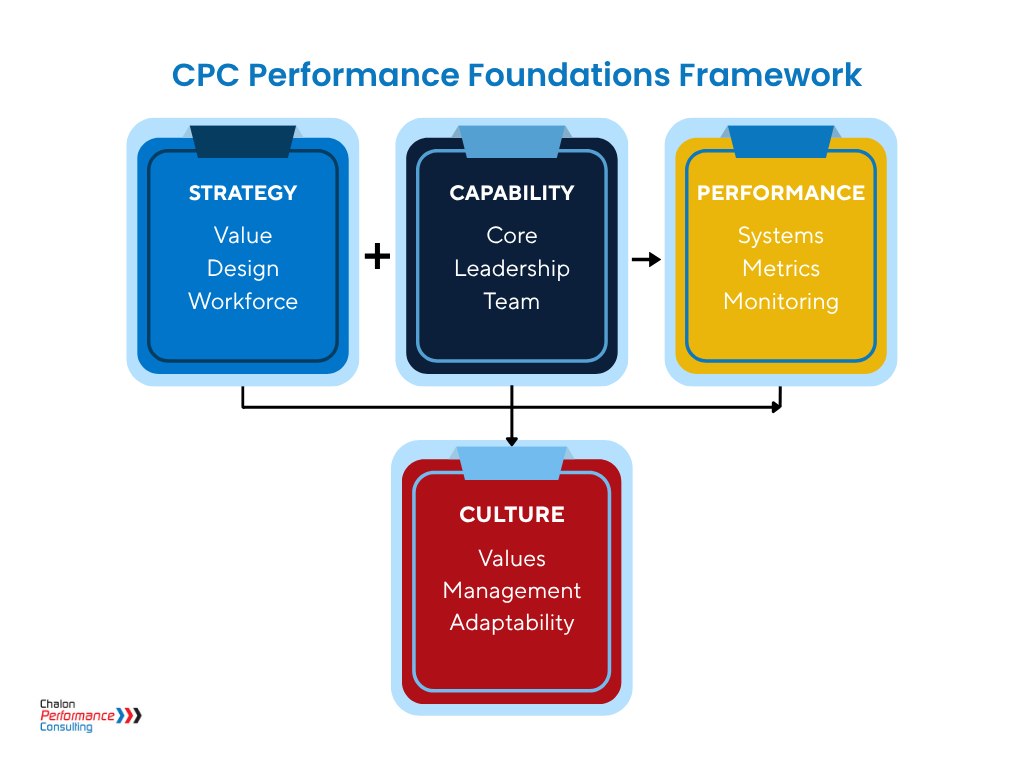HBR’s (Harvard Business Review) analysis demonstrated that disengagement with workplace politics is a result of a toxic culture.
Negative politics can have a nasty downside and can derail relationships and performance. And once it becomes part of the organisation’s culture it can be exceedingly difficult to remedy.
Among the negative experiences were exclusions from informal relationships, workplace brutality, and scapegoating. The study also confirmed that toxic workplace politics forms and sustains at any level of the business. Many of the respondents retreated from politics in response to poisonous cultures, keeping their heads down and focusing on their work performance rather than joining the political fray.
These sentiments are reasonable, but avoiding the political arena can lead to employees missing out on critical development chances and relationships that they require to accomplish tasks and reach their full potential.
However, some participants described supportive environments in which “managers actively included minority employees in the types of political action required to create relationships”, be good at their jobs, and grow in their firms. For instance, assurance for easier career growth. Leaders in these firms actively cultivated staff, employing politics to foster ties rather than stifle them. The study proved that politics in these groups were “freely acknowledged and even taught to newcomers, rather than feeling slimy or underhanded”. Employees in these situations felt more relaxed and involved in politics as a result of this method.
Creating healthy office politics is possible, but it will not be easy.
HBR identified five techniques to assist firms to develop healthy office politics, in “which all employees are fostered and encouraged, based on our interviews and larger research on politics, leadership, and inclusion”:
Transparency
It’s vital to be open about the existence and importance of politics to ensure that all colleagues are included. Leaders, managers, and employees at all levels should be encouraged to publicly discuss the importance of making connections and make office politics evident. Furthermore, it’s critical to consider where and how informal relationships happen in online spaces and ensure that all employees are aware of and have access to these structures.
Ensure that informal career development resources are available
Organisations should provide mentorship, sponsorship, and support networks to guarantee that women and ethnic minority employees have access to both formal and informal professional development tools.
Positively reframe politics
Leaders should recast politics as a tool that can help everyone make connections, access opportunities, and get things done, rather than as a tool that can only be used for self-gain. This involves emphasising the importance of political behaviours like bargaining, persuading, and relationship-building at “all levels of the organisation, as well as including political skills alongside other core competencies” in professional development programs.
Make use of politics to promote inclusion
Managers and senior leaders should be trained to share their political expertise and harness their political authority across racial and gender divides. Sponsors with a good reputation should be encouraged to participate in leadership development programs that promote women and ethnic minority personnel. This increases employees’ access to senior leaders’ networks while also assisting sponsors in better understanding the many barriers that employees experience. They can then use these insights (together with their political expertise) to advocate for their subordinates and devise more effective methods to handle the challenges they face.
Share success stories
Organisations should formally and informally encourage employees who have “made it” to share their stories so that they can normalise politics as a common component of a professional success story. Employees at all levels can foresee a future in which politics plays a constructive role by publicly sharing their experiences.
Workplace politics has traditionally been used to exclude people, but it does not have to be that way. The research indicates that inclusive political cultures may be created in which politics is used for the greater good. Organisations may help all their employees engage and profit from office politics by taking a smart, inclusive approach. Let’s discuss.














